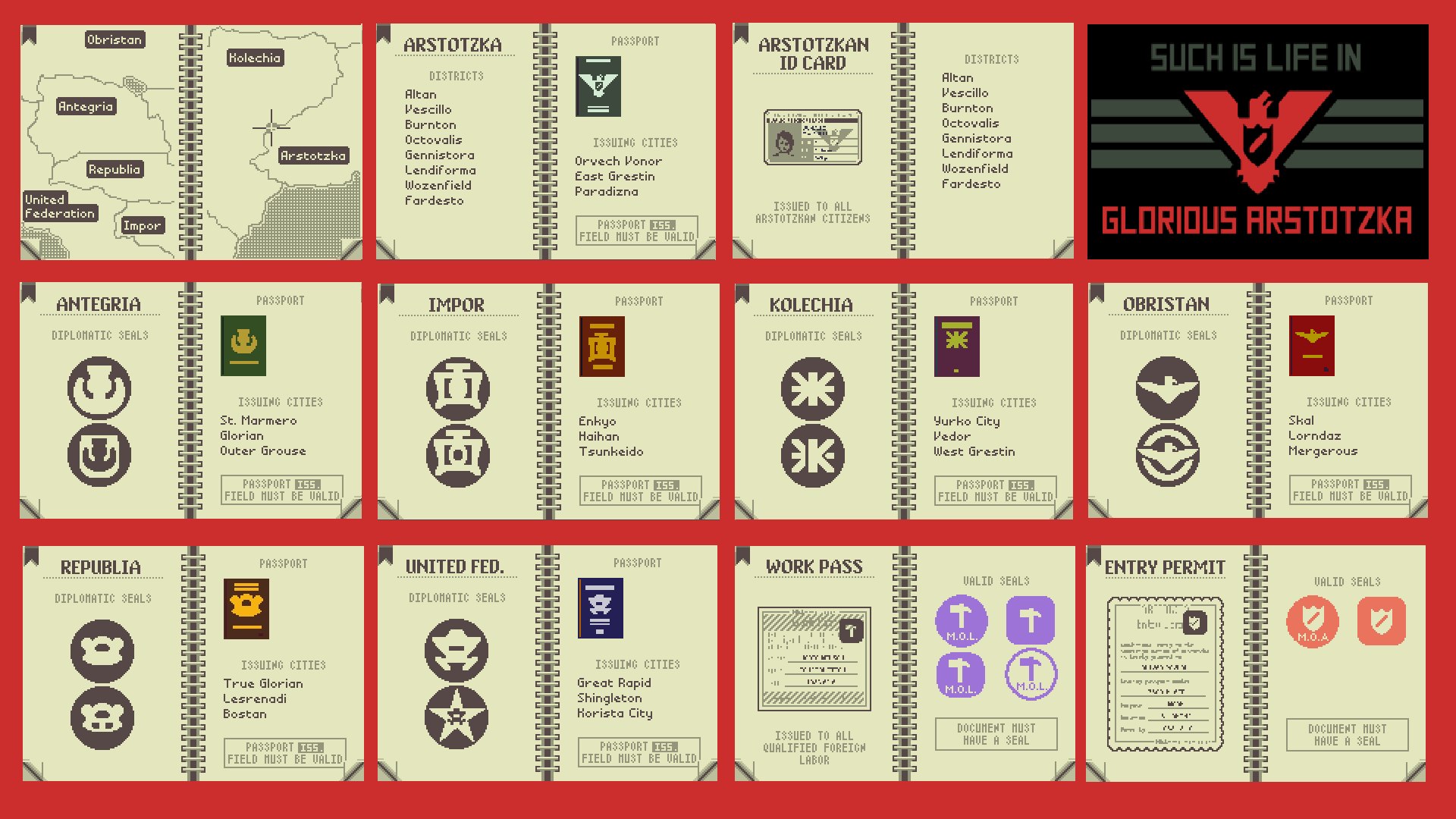


Regular attendance is required for a passing final grade (a maximum of two absences will be allowed except for documented medical or similar emergencies). Benjamin Constant, Adolphe (Oxford or Penguin)Įvaluation: Paper (60%) and participation (40%).Edward Gibbon, Memoirs of My Life (Penguin or BiblioBazaar).Jean-Jacques Rousseau, Confessions (Oxford or Penguin).Johann Wolfgang von Goethe, The Sufferings of Young Werther (Penguin).Denis Diderot, The Nun (Oxford or Penguin).Daniel Defoe, Roxana (Oxford or Penguin).John Bunyan, Grace Abounding (Oxford or Penguin).Augustine, Confessions (Hackett or Oxford) (The list of texts below is tentative and incomplete, to be confirmed in January 2014.) Texts: The required reading for this course will include most or all of the following books, which will be available at The Word Bookstore (469 Milton Street, 845-5640). The historical range of our primary readings should provide a meaningful basis for addressing such issues while the written work for the course will invite careful thinking about critical concepts through focused analysis of the texts that we will study and discuss. Although much work in this seminar will concentrate on the interpretation of particular autobiographical narratives, we will thus constantly be concerned with general theoretical issues. In particular, we will relate these models to the emergence of the novel, which, insofar as it represents and reflects on inner experience, cannot be understood without taking into account the conventions of spiritual autobiography and the presuppositions of the construction of selfhood in other forms of first-person storytelling such as dramatic monologue, letter writing, and the diary. Reference to classic models such as Plato's Apology, Marcus Aurelius's Meditations, and Saint Augustine's Confessions should help us appreciate intellectual developments and problems in the motivation and methods of later writing in autobiographical form. Against this background the readings will include not only "real" autobiographies but also contributions of first-person narrative to philosophy as well as fiction in the "long" eighteenth century (1650-1850). Previous university study of English literature is usually expected.ĭescription: This course will approach the form of autobiography in the Enlightenment through a brief survey of the European tradition of autobiographical texts from antiquity to the Renaissance.


 0 kommentar(er)
0 kommentar(er)
